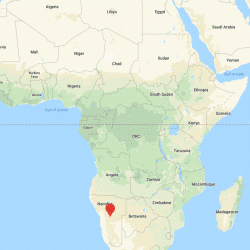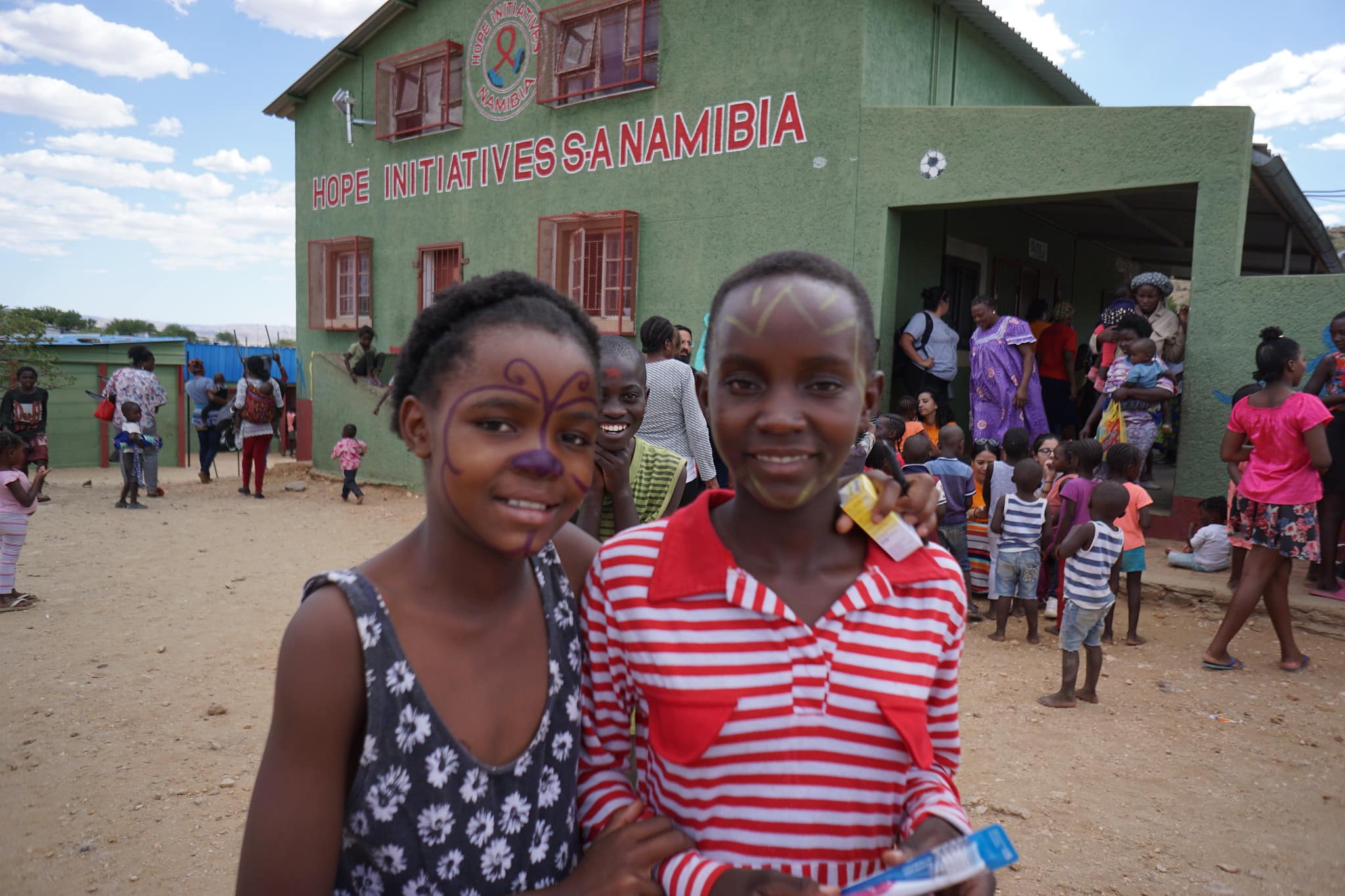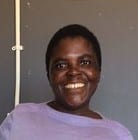Context
Namibia is classified as a middle-income country, but its per capita income is one of the most unequal in the world, with 55% of global income for 10% of the total population. The country has a population of more than 2.6 million people; 43% of them are under 15 years old. Namibia’s political stability and good economic management have helped it reduce poverty.
However, this has not been accompanied by job creation, and the socio-economic inequalities inherited from the years of the apartheid persist, despite generous public spending on social programs. 30% of the labour force is unemployed. Women and young people are most affected, with unemployment rates of 33% and 53% respectively (for 20-24 year olds).
Like many countries, Namibia struggles to respond to cases of violence against women and children due to a lack of trained workers, inappropriate response strategies, and a lack of community knowledge about human rights. The situation of women and children is worse in informal settlements where protection services are not accessible at all.
FXB in action
FXB launched its first Economic and Community Development FXBVillage Program in April 2018, in partnership with Hope Initiatives SA Namibia (HISA Namibia), a local nongovernmental organization, in a slum near Windhoek, Tobias Hainyeko’s constituency within the Kilimanjaro community. A complementary project to curb gender-based violence and protect women and children was launched in 2020. A second FXBVillage Program has started in 2021.
More recently, in 2023, FXB and HISA secured support from the European Commission to launch a new project aiming at increasing participation of civil society organizations and consortiums in gender equality and youth inclusion discussions in peri urban settlements of three regions of Namibia.
In informal slums, access to property, basic services, education, health, social services, transport, or other public services is extremely limited or largely unavailable. Security, gender-based violence, unemployment and lack of capital to start small businesses are major concerns. In addition, development activities are scarce due to the lack of nongovernmental organizations and development agencies willing to settle in an unsafe location.
National authorities do not often have the necessary information on vulnerable communities such as migrants and thus, do not integrate them into urban planning. As a result, the people living in these communities face multiple challenges such as malnutrition, exploitation and unsanitary housing conditions. Limited access to services such as education, health and social protection further increases their vulnerability.


